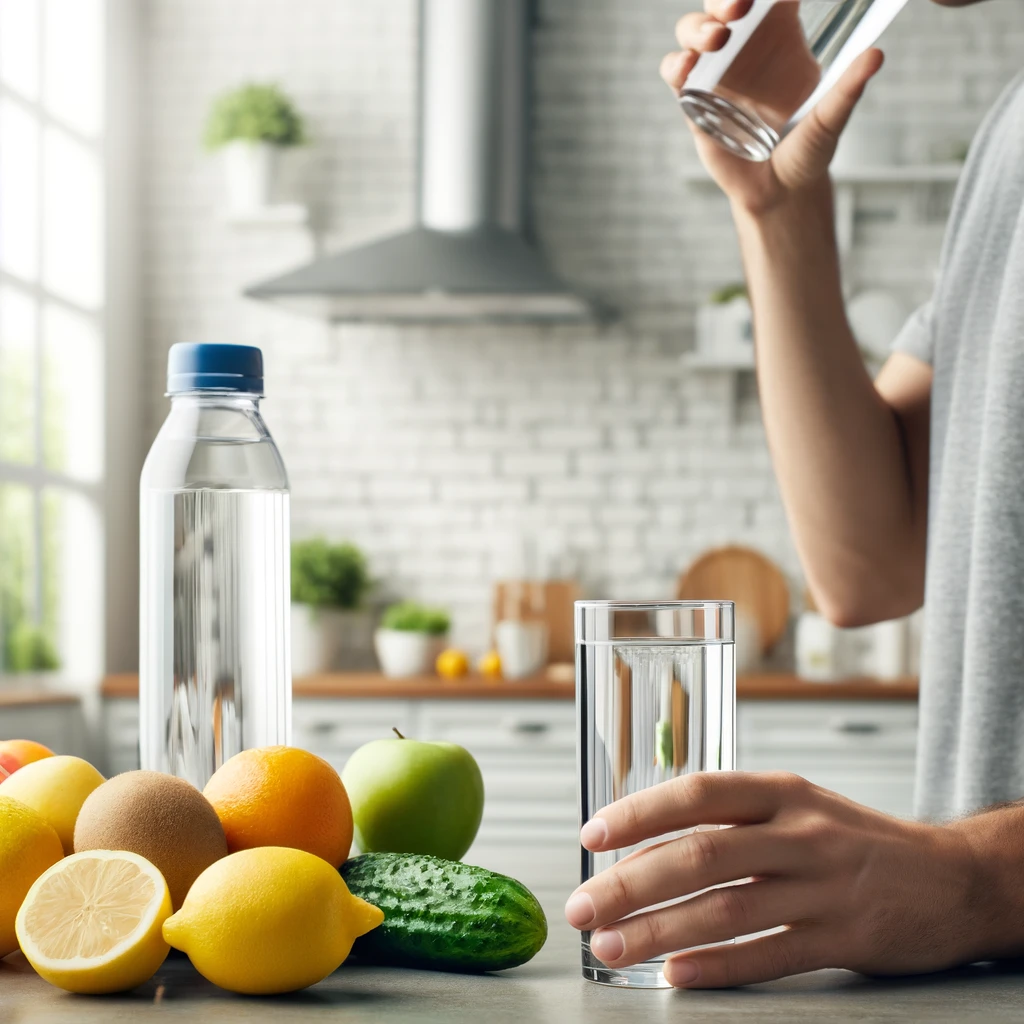Water Calculator: How Much Water Should I Drink Per Day

Calculate how much water you should drink with our water calculator. Learn tips for optimal hydration and its detoxifying benefits based on age, weight, and activity level.

Calculate how much water you should drink with our water calculator. Learn tips for optimal hydration and its detoxifying benefits based on age, weight, and activity level.